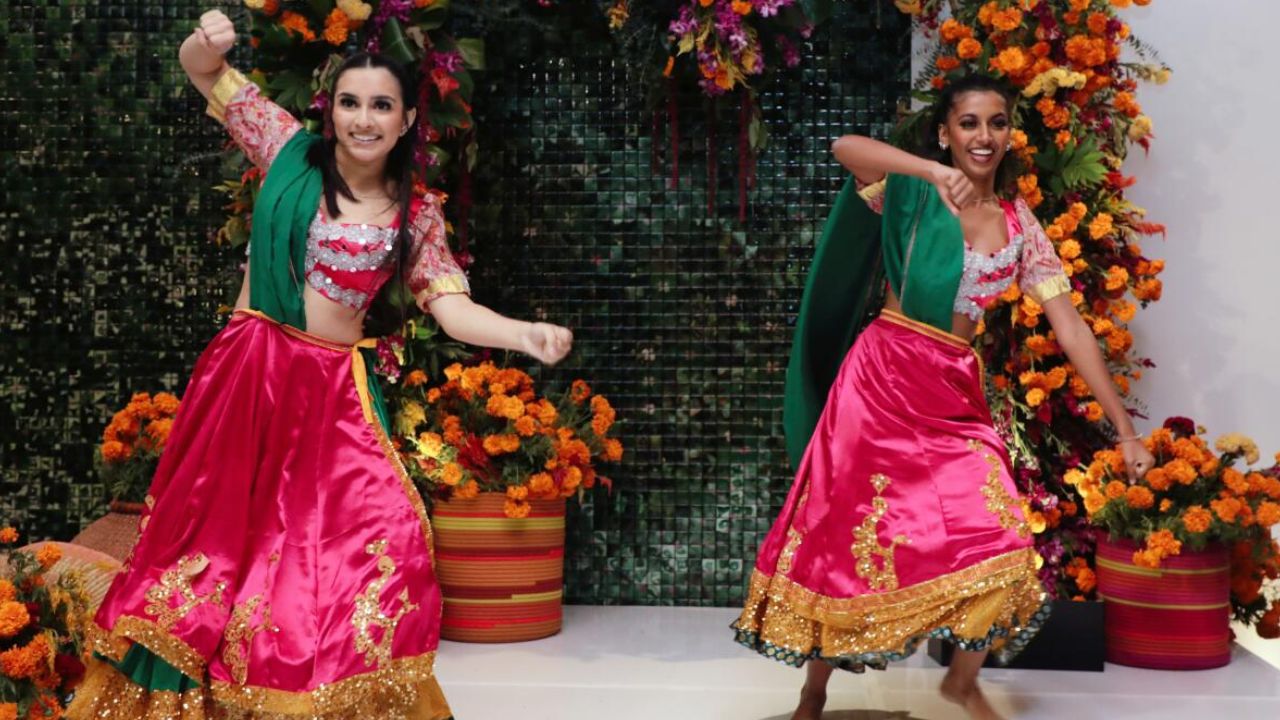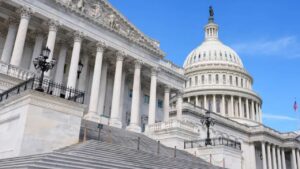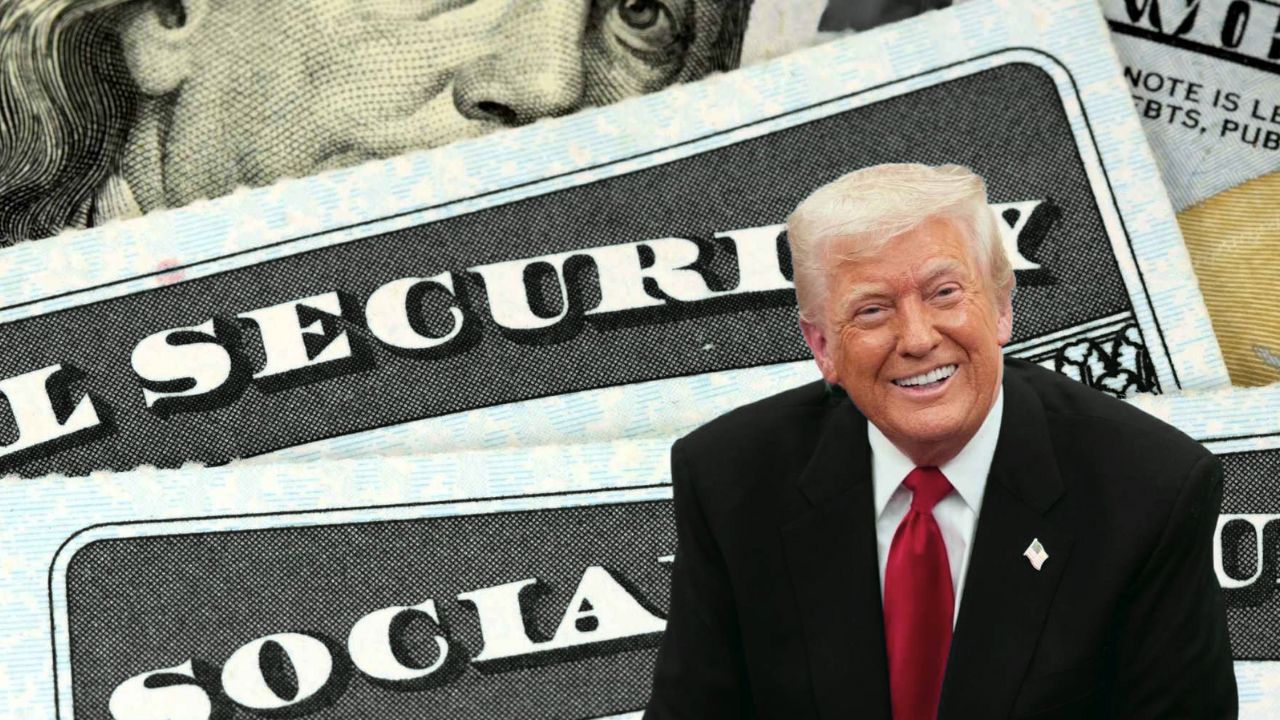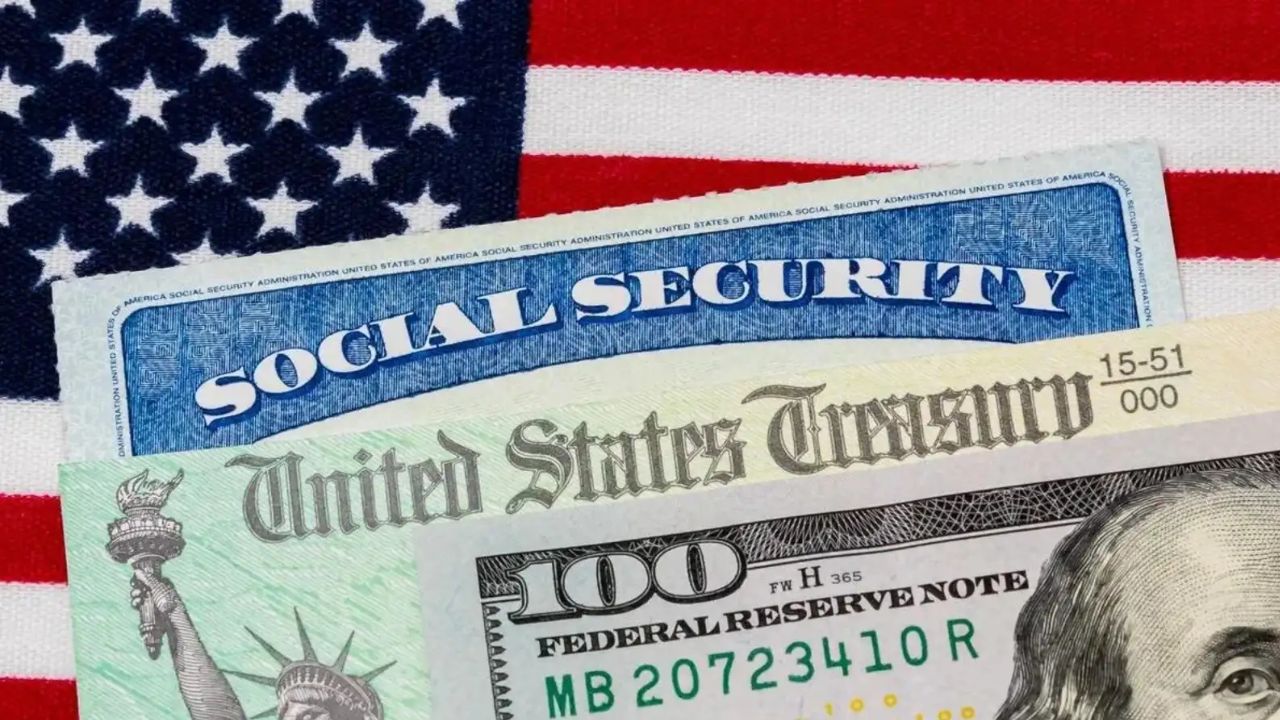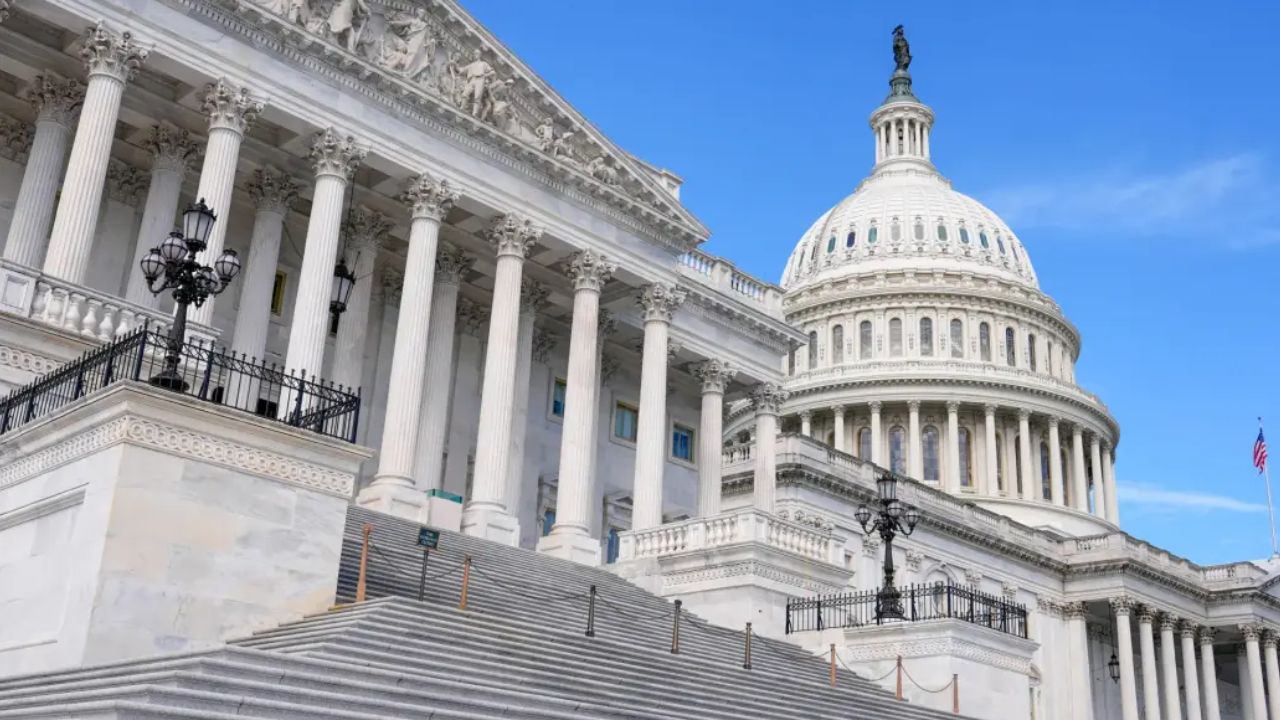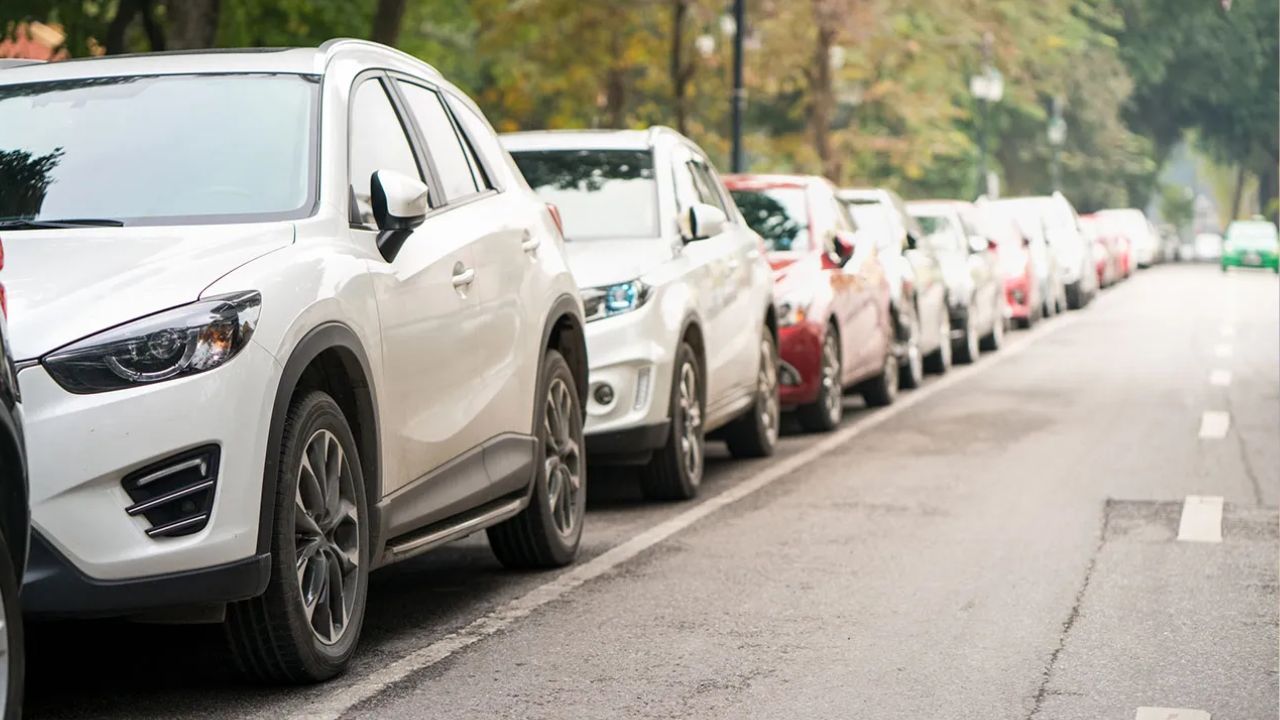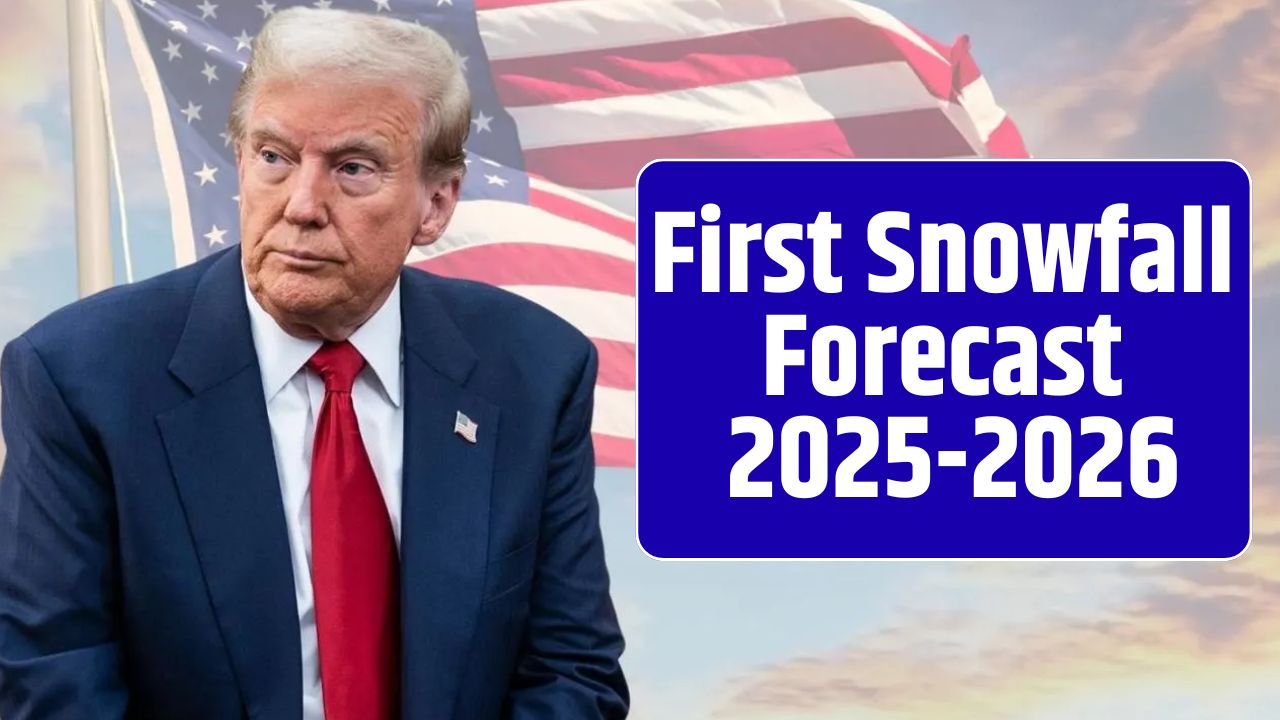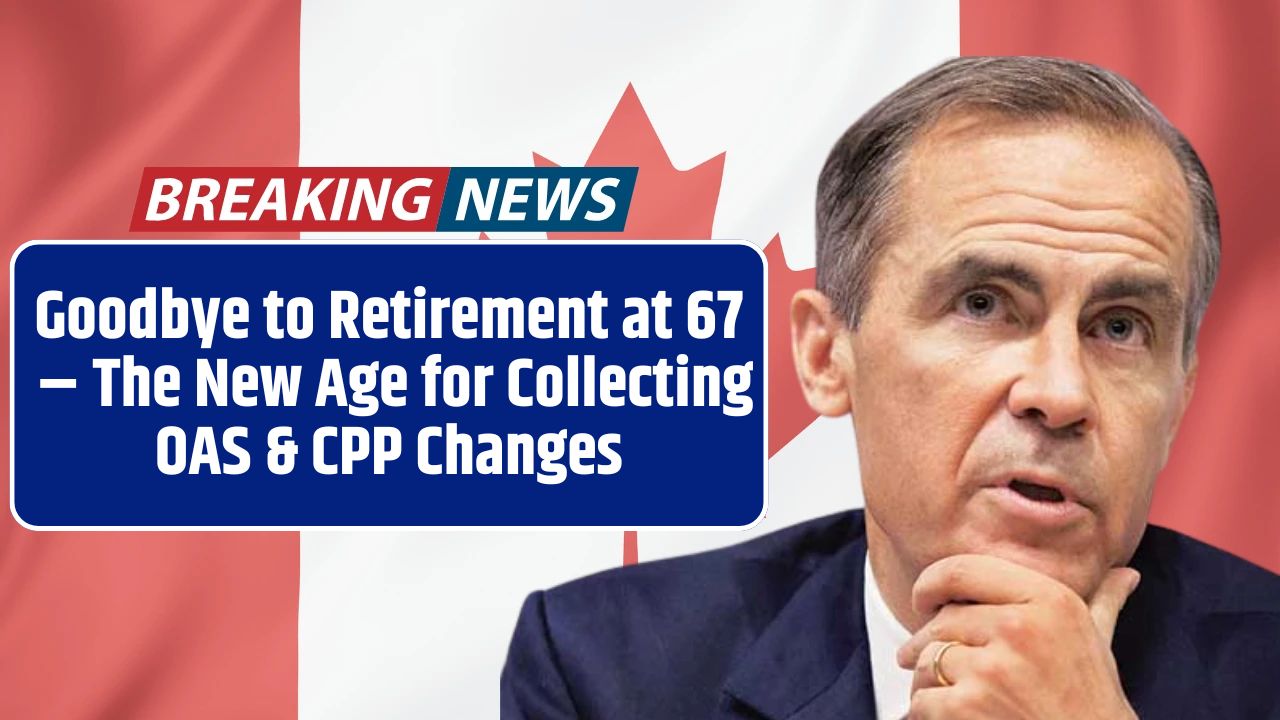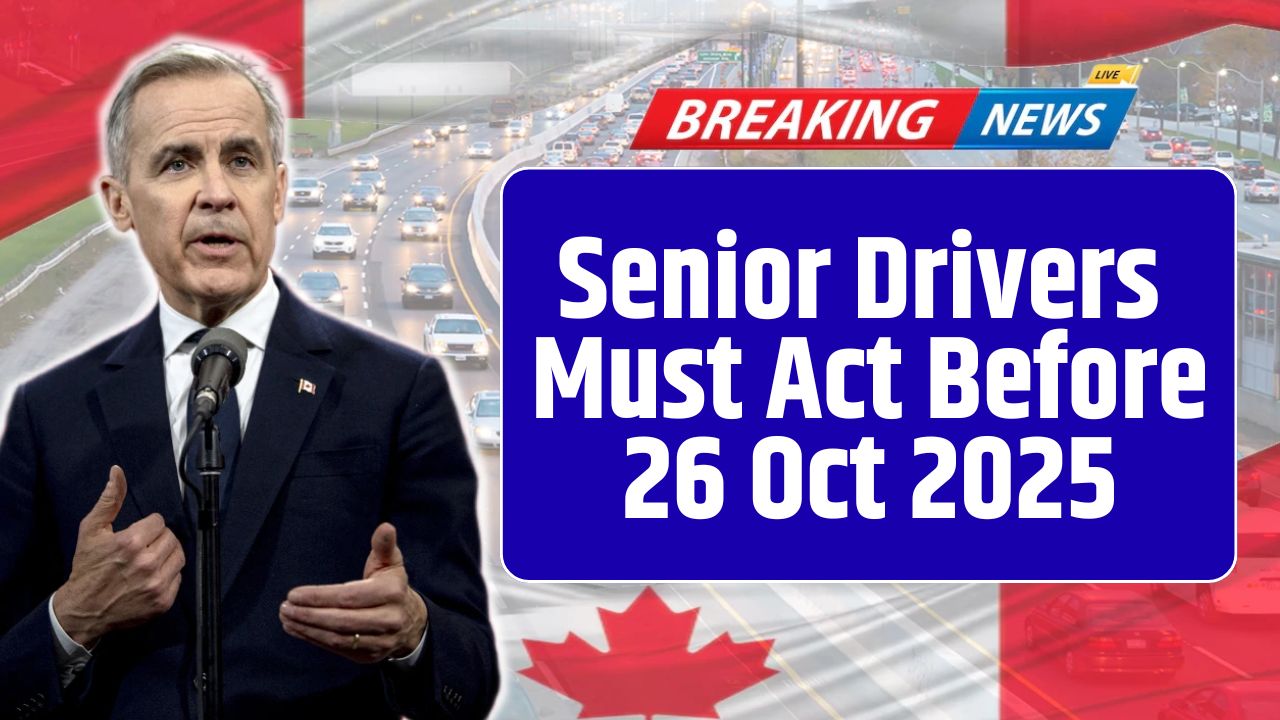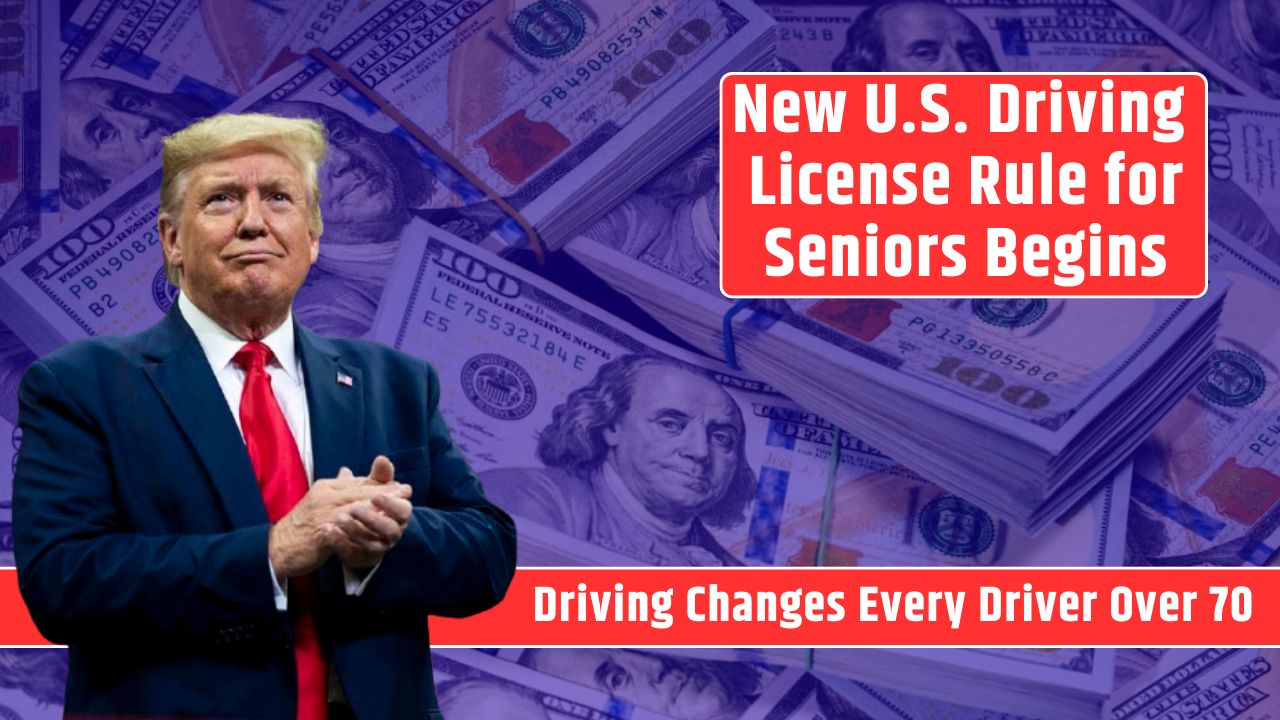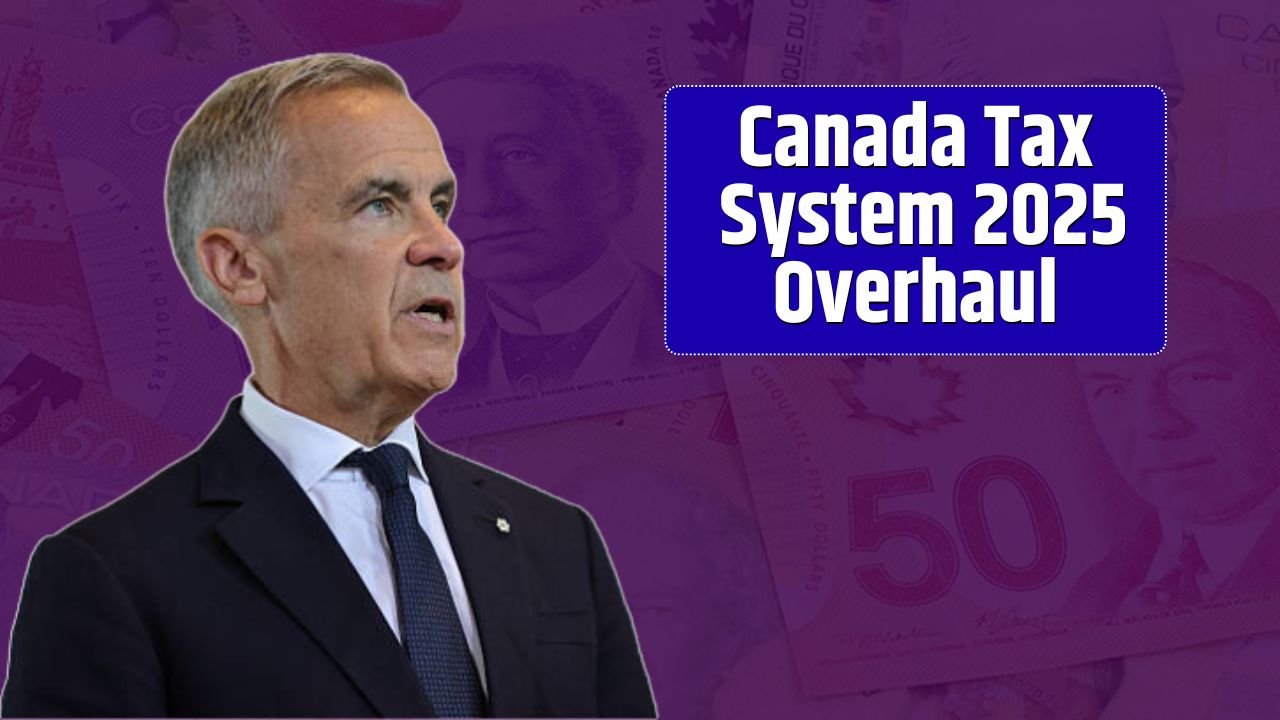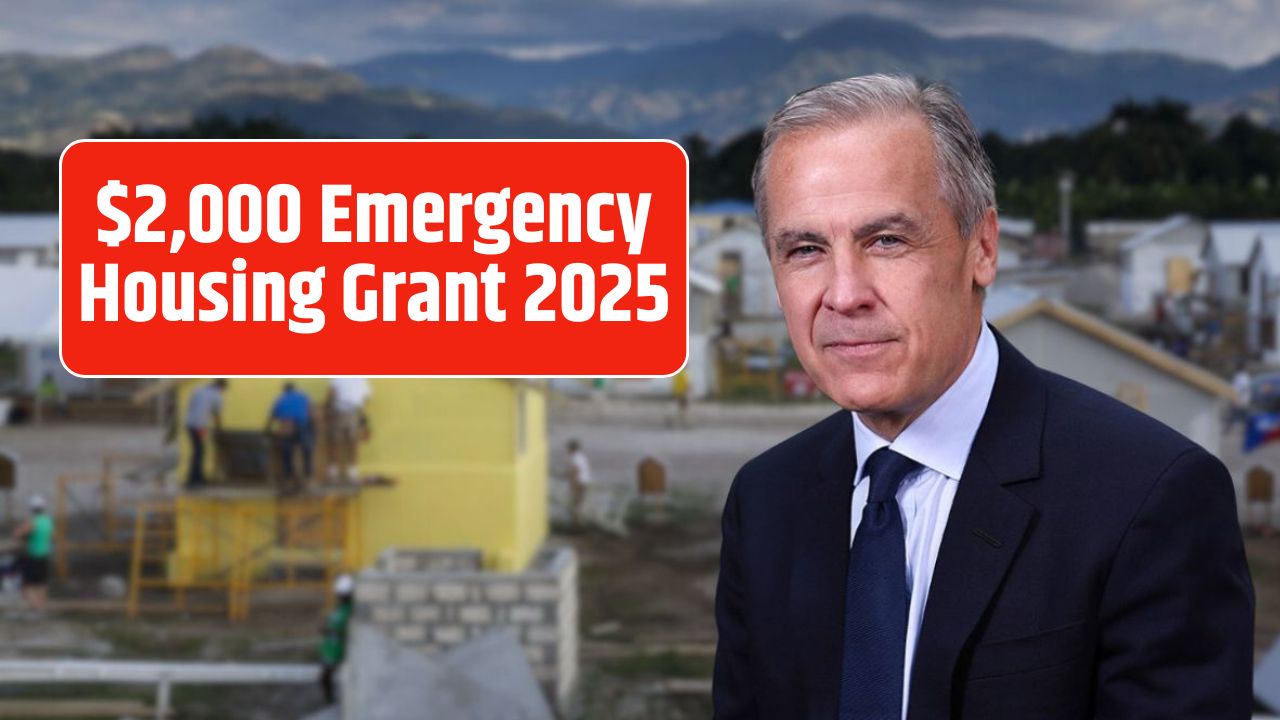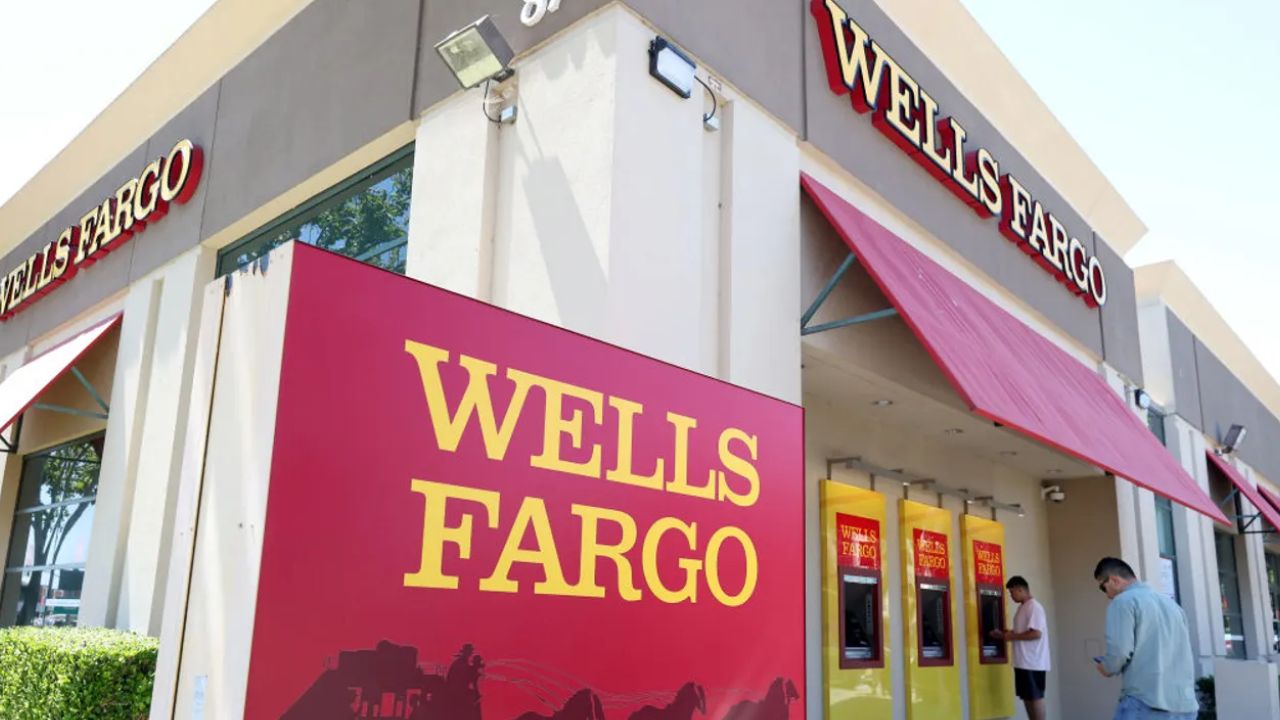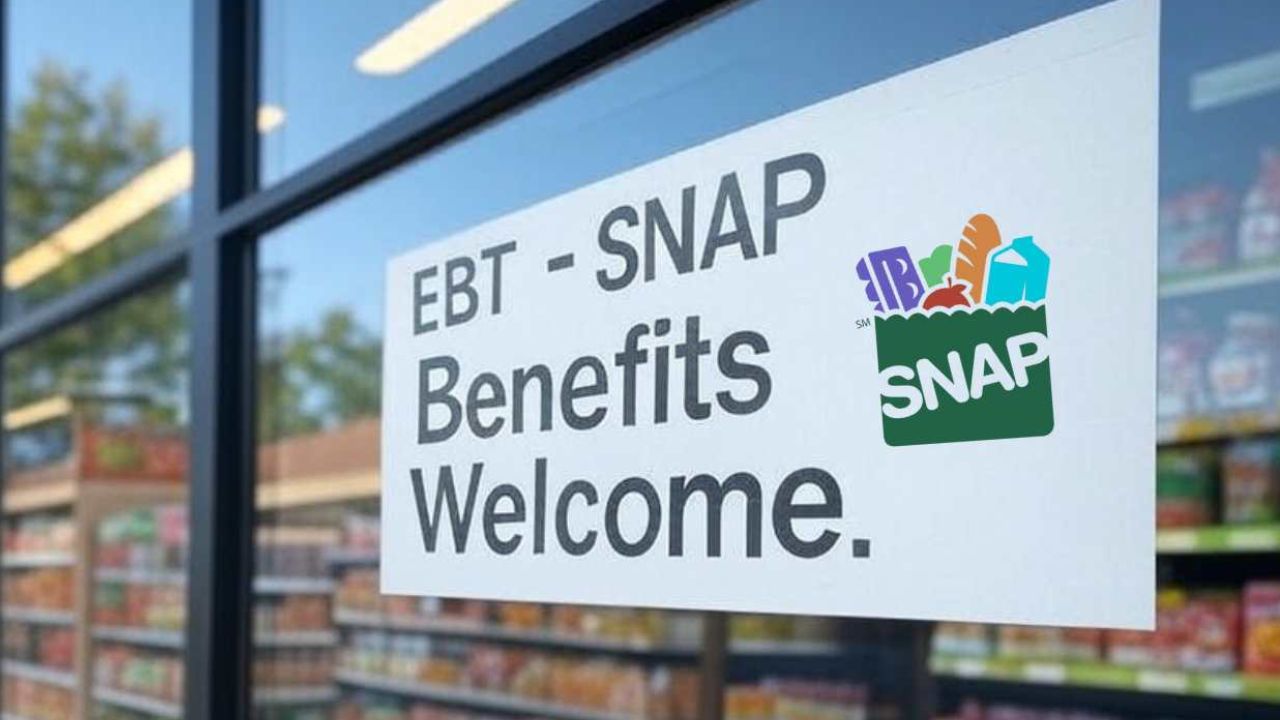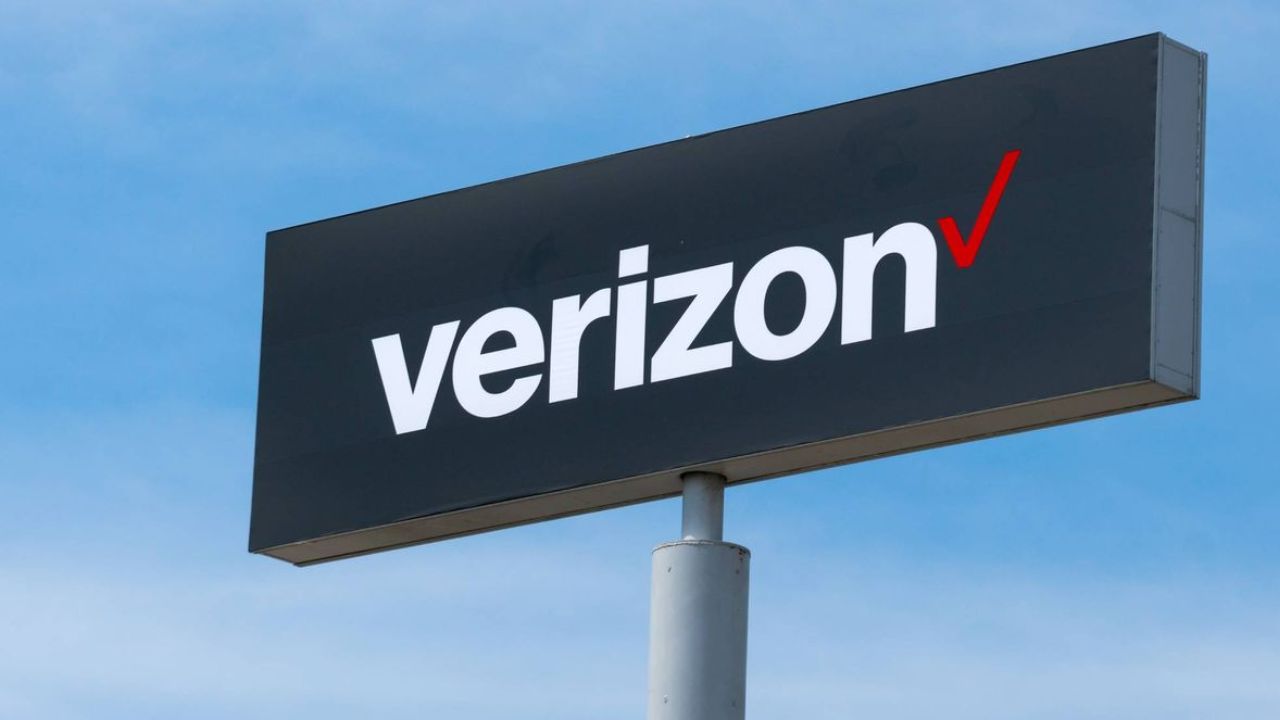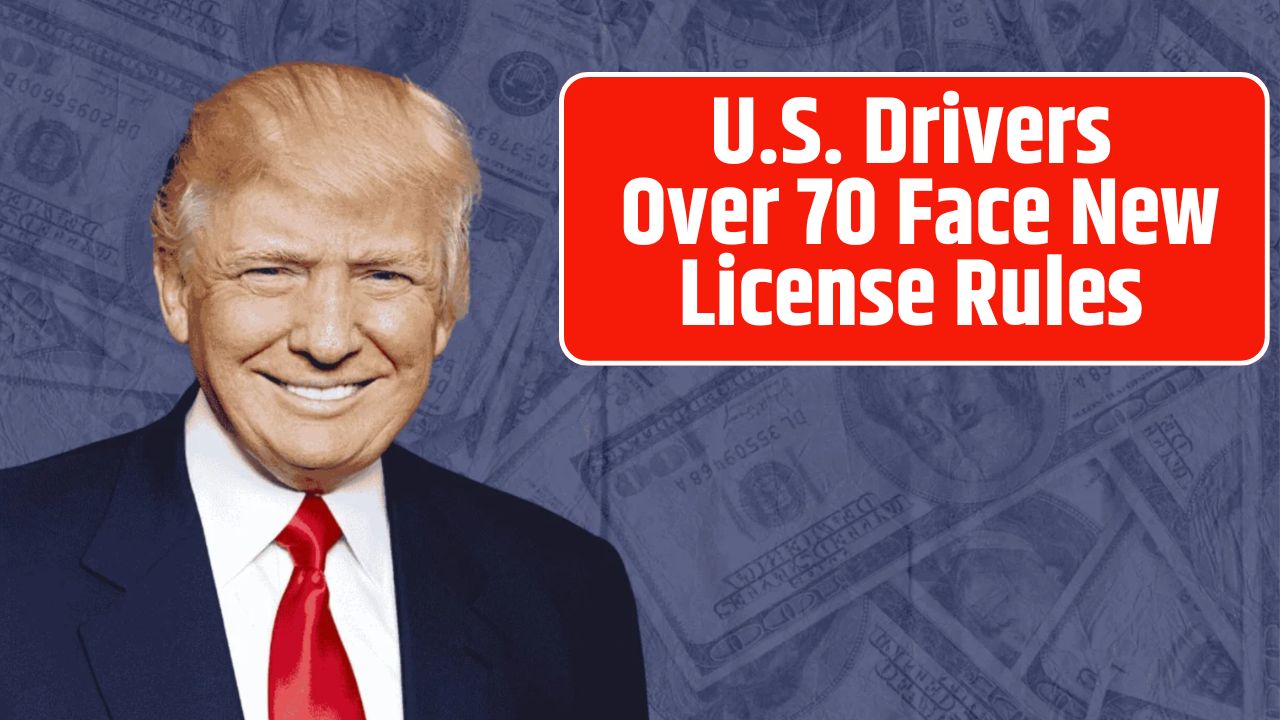California’s just lit up the holiday calendar—literally. Governor Gavin Newsom signed a new law this week officially recognizing Diwali as a state holiday, making California the third U.S. state to do so after Pennsylvania and Connecticut. Starting January 1, public schools across the state will be allowed to close for the festival of lights, giving thousands of students a day off to celebrate one of the most significant cultural holidays for South Asians.
Diwali Becomes a State Holiday in California
The announcement carries both symbolic and social weight. For years, Indian, Sikh, and Buddhist communities across California have pushed for formal recognition of Diwali—a celebration that signifies the triumph of light over darkness, good over evil. With nearly 960,000 Indian-Americans living in California (according to AAPI Data), the move feels long overdue.
Governor Newsom’s signature turns what was once a community tradition into official state acknowledgment. The law doesn’t automatically force schools to shut down—it gives districts the option to declare Diwali a holiday. Most are expected to follow through, though, given the strong representation of South Asian families in many school districts.
The holiday will fall between Labor Day and Veterans Day, a welcome mid-fall break for students and teachers alike. Labor Day lands on the first Monday of September, Veterans Day on November 11—and Diwali, in 2025, is expected to be celebrated on October 20, coinciding with the main day of Lakshmi Puja.
The Cultural and Demographic Context
California’s recognition of Diwali is not just about religion; it’s about representation. Indian-Americans make up one of the fastest-growing immigrant groups in the state. Their influence is seen everywhere—from Silicon Valley tech firms to Hollywood writers’ rooms and the small-business corridors of Fremont and Artesia.
Here’s a quick demographic snapshot based on the latest census and AAPI data:
| State | Estimated Indian-American Population | Status of Diwali as State Holiday |
|---|---|---|
| California | 960,000 | Recognized (Effective Jan 2026) |
| Texas | 500,000 | Not yet recognized |
| New Jersey | 400,000 | Not yet recognized |
| New York | 450,000 | Not yet recognized |
| Pennsylvania | 200,000 | Recognized (2024) |
| Connecticut | 180,000 | Recognized (2024) |
The Indian-American population in California is now more than double that of New Jersey and New York combined—both states long considered cultural hubs for South Asians. With that kind of demographic muscle, it’s no surprise California is leading the charge in mainstream recognition.
A Broader Shift Toward Cultural Inclusion
In recent years, U.S. institutions have gradually opened up to cultural holidays that reflect the country’s growing diversity. Schools in New York City already observe Eid al-Fitr and Lunar New Year, while cities like San Francisco and Los Angeles have hosted official Diwali festivals for years.
The move also reflects a growing bipartisan effort across states to acknowledge multiculturalism. Connecticut Governor Ned Lamont signed a similar bill earlier this year, while Pennsylvania made history in 2024 by being the first state to recognize Diwali, though it didn’t require school closures.
California’s bill goes a step further—it gives public institutions the legal option to close, mirroring the structure of other official holidays such as Cesar Chavez Day and Martin Luther King Jr. Day, as listed by the California Department of Human Resources.
What This Means for Schools and Workers
From 2026 onward, California school districts will have the flexibility to add Diwali to their calendars without extending the academic year. Some districts, especially those with large Indian or South Asian student populations—like those in the Bay Area or Orange County—are expected to immediately adopt the change.
For private sector employees, however, the law doesn’t automatically grant a paid day off. It simply allows state offices and schools to close. Companies that already observe floating holidays or cultural leave policies may now choose to include Diwali among those options.
Interestingly, this development comes amid a broader national conversation about work-life balance and recognition of non-Christian religious holidays. Many Indian-American families say the recognition is about visibility as much as convenience. “It’s about our kids feeling seen,” said one community organizer in Fremont. “They no longer have to explain why they missed school to light diyas.”
The Global Context: A Festival That Unites Over a Billion
Diwali, or Deepavali, spans five days in the Hindu month of Kartik, symbolizing prosperity, joy, and renewal. The main day—Lakshmi Puja—honors the goddess of wealth, while the days leading up to it involve cleaning homes, exchanging sweets, lighting clay lamps, and setting off fireworks. Across the world, from London to Kuala Lumpur, entire neighborhoods glow during the festival.
In India, government offices and banks close for the duration, and the stock market traditionally opens for a symbolic one-hour “muhurat trading” session—considered auspicious for wealth and luck. (Yes, even Wall Street could take a few notes.)
FAQs:
When will California schools first close for Diwali?
The first possible observance will be in October 2026, since the law takes effect on January 1, 2026.
Does the new law make Diwali a paid holiday for all workers?
No. It only applies to state agencies and public schools. Private employers may choose to recognize it voluntarily.
Which other states recognize Diwali as an official holiday?
Currently, Pennsylvania, Connecticut, and now California have recognized Diwali as a state holiday.
